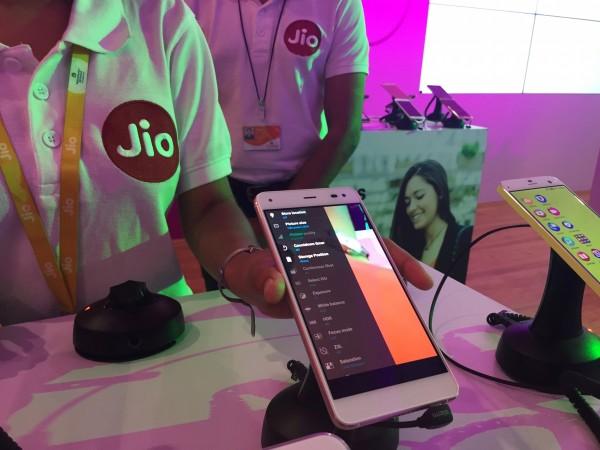
Reliance Jio is changing the way people use data on their smartphones. The new telco upped the ante by making 4G LTE network as default and giving users high-speed internet free of cost. The telco recently extended its free data and voice calls offer to all users till March 31, 2017, giving more freedom to users to enjoy mobile data without paying anything.
This has waged a price war in the Indian telecom industry, forcing other telcos to follow Jio's footsteps. But looking at the users' behaviour, it seems Jio's free data offering has a significant impact towards mobile data usage. According to OpenSignal's global report, Jio users spend just 8.2 percent time on Wi-Fi, which is opposite to users' Wi-Fi usage on other networks.
According to the research, average time a user spends on Wi-Fi in India is 29.8 percent. This clearly shows that Jio users rely more on their mobile data than on Wi-Fi. This is also contrary on a global level as the research firm found that smartphone users spent more time on Wi-Fi than on mobile networks like 3G and 4G across 46 countries.
"When confronted with slow 2G or 3G data connections, smartphone users will hunt for Wi-Fi to improve their data experience. But in Jio's case it has no 2G or 3G networks...Since Jio's users are by default contending with 4G networks only, they have little incentive to seek out Wi-Fi, especially if those Wi-Fi connections might turn out slower than LTE," OpenSignal's Kevin Fitchard said.
As per Open Signal's compiled data, Idea, Telenor and Aircel users spend about 24 percent time of Wi-Fi, Airtel users spend 27.1 percent and BSNL and Vodafone users spend the highest amount of time on Wi-Fi.
It is evident that users are taking advantage of the free data offer given by Reliance Jio, but it remains to be seen if the trend will continue after March 31, when the paid tariffs kick in. An earlier report by Credit Suisse had showed that Jio users consumed 16,000TB data on a daily basis, which superseded Chine Mobile's 12,000TB per day and Vodafone Global's 6,000TB per day consumption.















